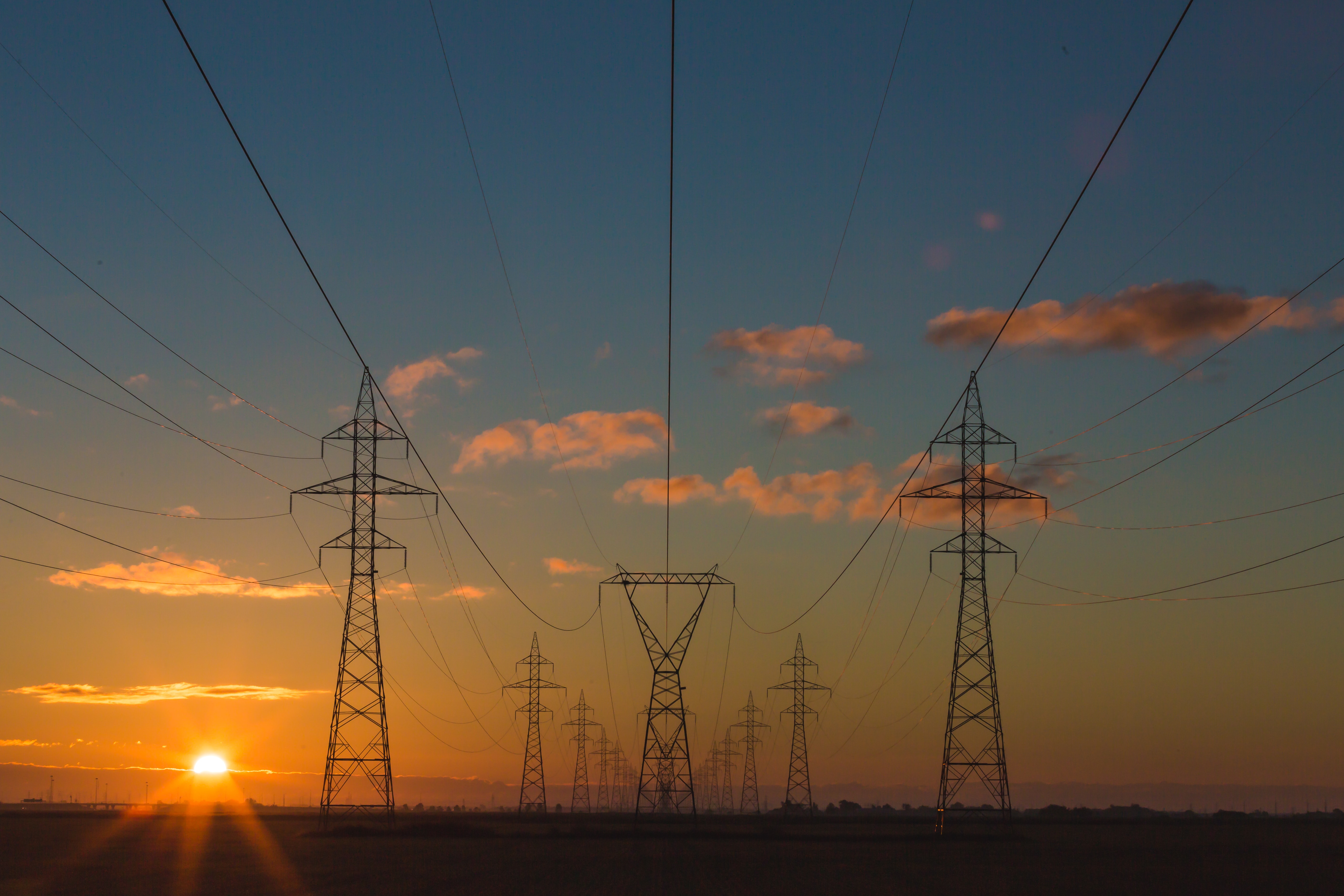It’s echoed across the country (around this time) each year that ‘summer blackouts’ are inevitable. Some of us choose to listen, whilst others simply shrug it off. The fact is, there has never been more evidence to suggest that the grid is working overtime. Not just in Western Australia and South Australia either, but right here in our backyard of Victoria.
If our energy demands are higher than what the grid can deliver, we start to have serious issues with reliable electricity. Supply versus demand, right? Summer can be relentless and it’s not uncommon to see temperatures reaching 40°C for days at a time. When this occurs, air conditioning units are on 24/7, ceiling and standalone fans are switched to the highest mode possible and pools are continuously chilled through reverse-cycle heat pumps. All of which require the same thing…electricity, and lots of it.

If it was the straw broke the camels back, it’s our households that are breaking the grid during summer. The solution? Solar and battery storage.
A solar system relies upon the sun to power a household and it’s the inverter that converts direct current (DC) to alternating current (AC). If DC is a flatline, then AC is a pulse, and everything electric within a house needs a heartbeat to operate. However, a solar system is installed in front of the meter, which theoretically means it’s associated with the grid, but it doesn’t draw from the network during daylight hours. This means there is no strain on the grid to meet the increase demand if a spike in electricity occurs. Thus, relieving pressure and the risk of a complete overload.
Unfortunately, if the grid goes down, a solar system will not provide back-up power as it is connected through the meter. The exception of course is if a house is completely independent of the grid. But that’s rare. So, for us mere mortals reliant upon the network, the best solution is battery storage.
A DC-coupled battery and hybrid system allows for electricity to be continuously provided to designated areas of a house if a blackout occurs. A TV, fridge, air-conditioning unit, fan and internet will operate as if nothing has happened. Batteries provide peace of mind and a sense of security for when the grid is under the pump. There is never any way of knowing how long a blackout will last for, so it’s hard to determine what the perfect size battery is, however, every kWh counts.
It is time to take back control of our electricity habits and understand the value and importance of renewable energy. Blackouts will happen this summer. That’s a fact. Let’s be proactive instead of reactive and seek a solution for the ongoing problem.
Contact us today for all solar and battery enquiries.

